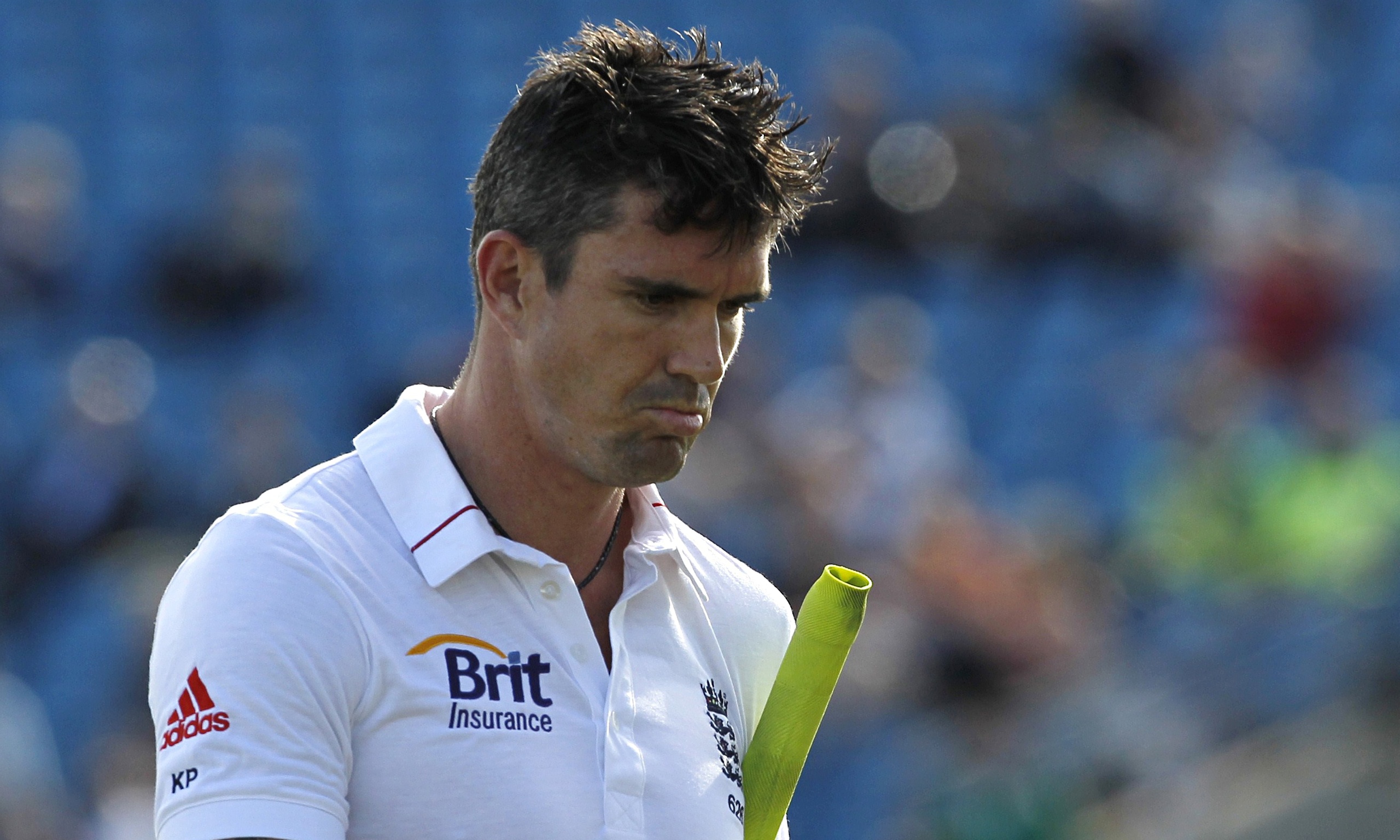
Neither Microsoft, Nokia, nor anyone else should fork Android. It’s unforkable
As happens from time to time, the suggestion has been made that Microsoft cancel Windows Phone, and instead fork Android. It’s not the first time this suggestion has been made. It’s probably not the last, either. It’s a poor idea. Google has worked to make Android functionally unforkable, with no practical way to simultaneously fork the platform and take advantage of its related strengths: abundant developers, and abundant applications. The outline of the “Microsoft should fork Android” argument is as follows: Windows Phone doesn’t have huge developer buy-in or sales success, but Android has both. By forking Android, Microsoft could provide unique value—corporate integration with things like Exchange, Active Directory, and System Center or InTune; full Office support; a polished user experience—and make the platform depend on its own cloud services (Bing, Bing Maps, Azure) rather than Google’s. But simultaneously, it would still have access to all the Android applications that people depend on. The result should be a platform that’s somehow more attractive to consumers, by virtue of the Android brand and all those Android apps, more attractive to developers thanks to the Android APIs, and cheaper for Microsoft to develop, since core operating system development can be left to Google. Where this falls down is that there’s no good way to use the Android platform this way. It’s not designed for it. In fact, with each new Android release, Google is making a forked operating system less and less viable.












